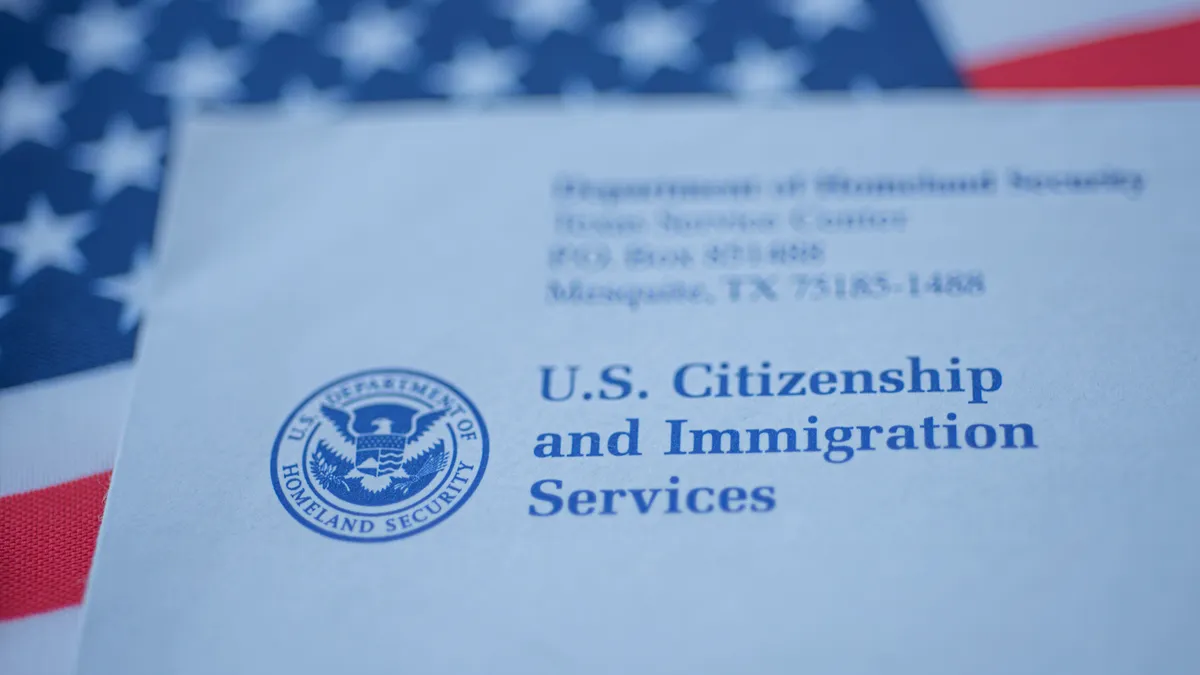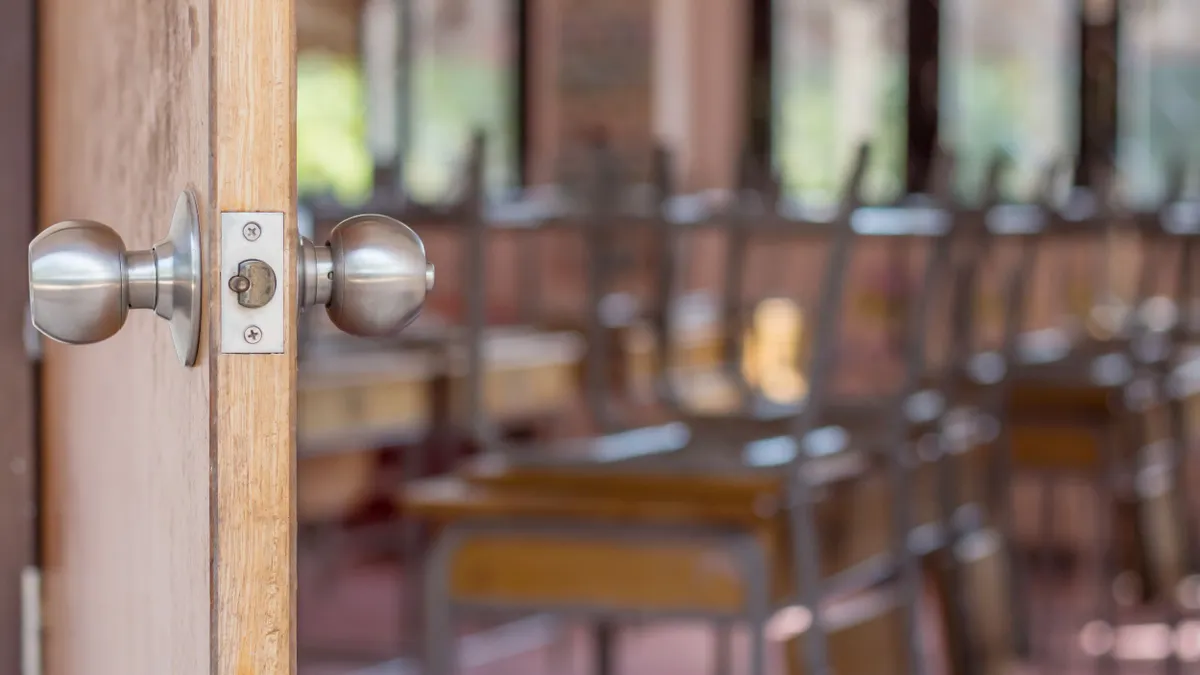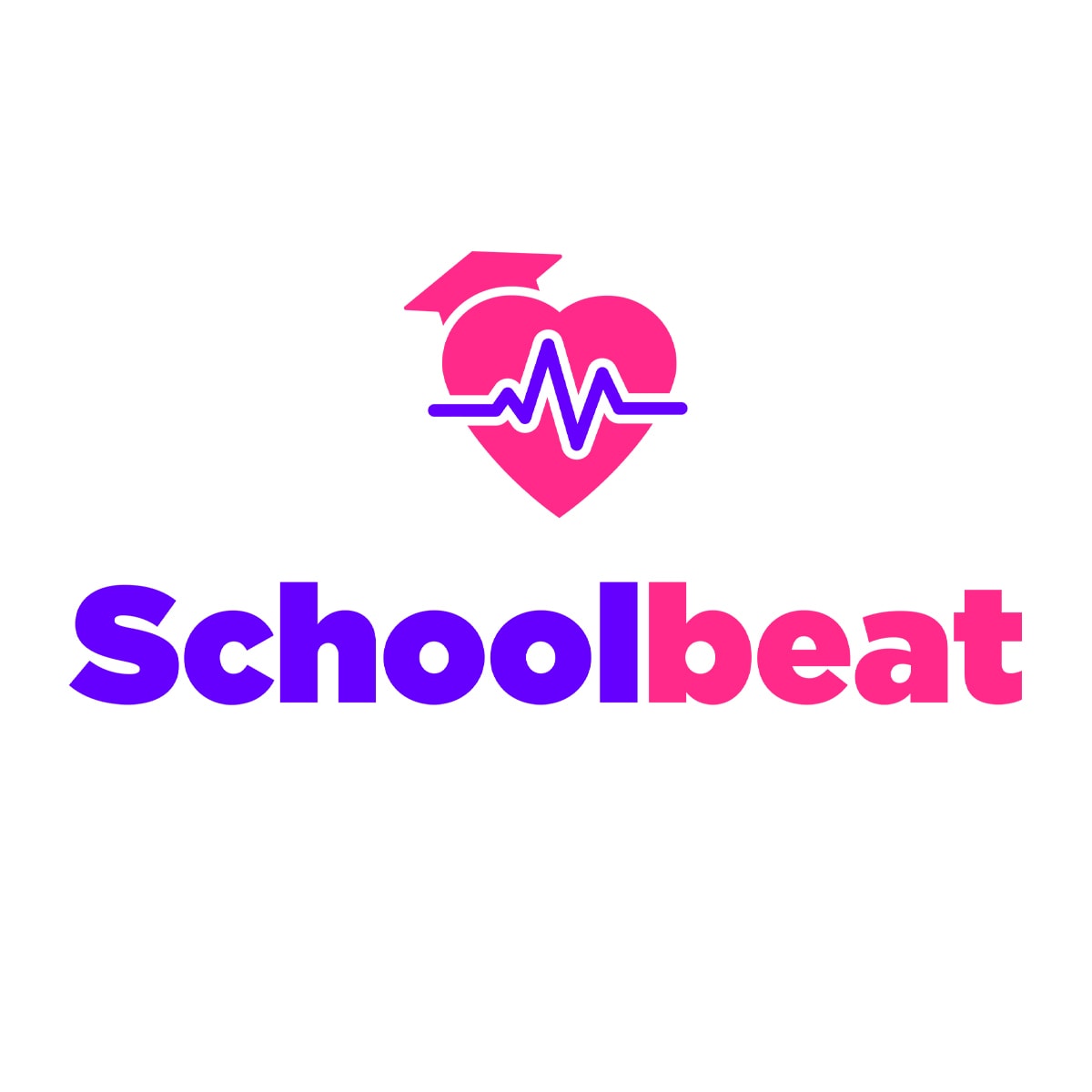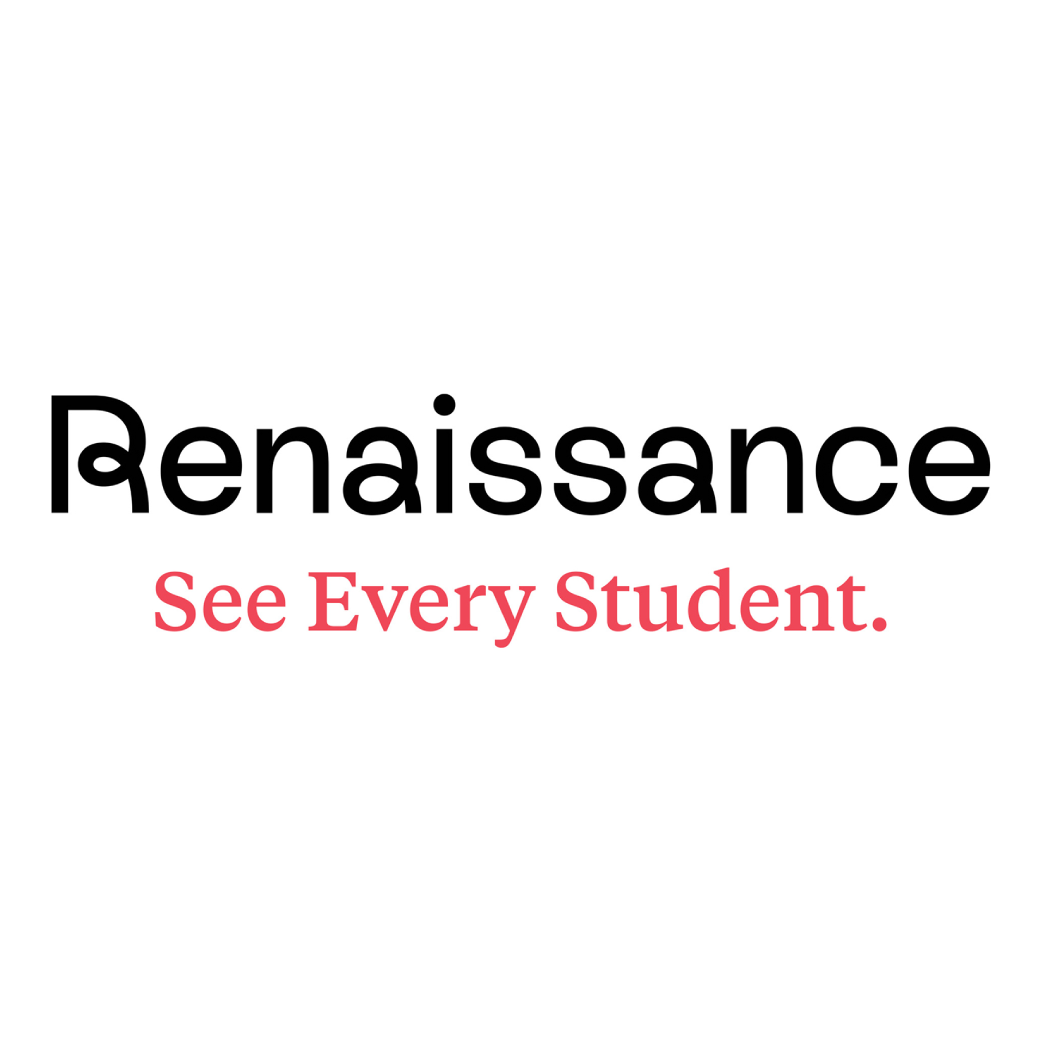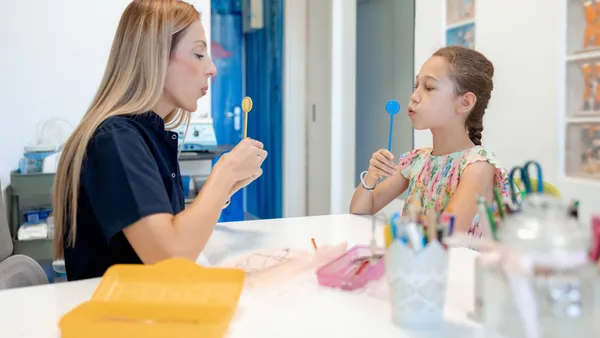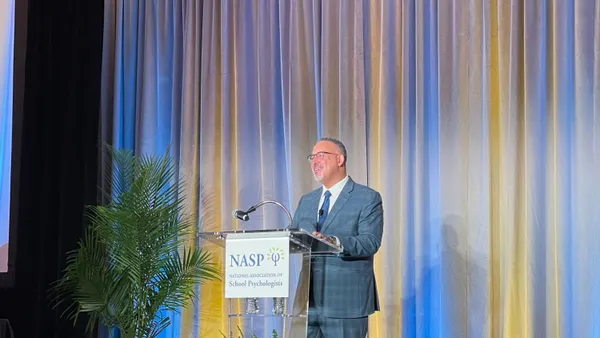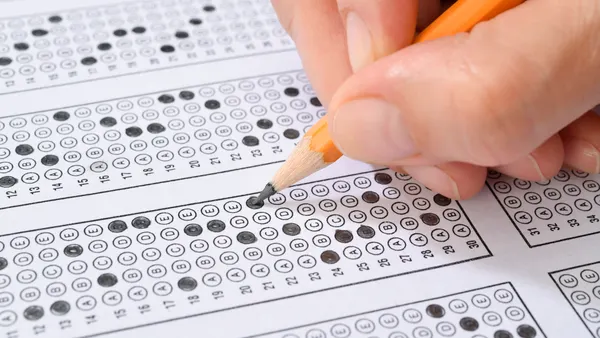Most clicked story of the week:
President Donald Trump’s $100,000 fee for new H-1B visas risks exacerbating a national teacher shortage by keeping affected schools from hiring international teachers, alleges a lawsuit filed Oct. 3 by a group representing education, union, religious and nonprofit interests. The H-1B visa fee would strain an already acute teacher shortage and put school districts at risk of “losing valuable teachers in both urban areas suffering from staffing shortages and in rural districts where teachers are difficult to recruit,” according to the plaintiff groups, who represent education, union, religious and nonprofit interests.
Technology’s tangled web
- Large majorities of students (86%) and teachers (85%) reported using artificial intelligence during the 2024-25 school year, according to survey data released Wednesday by the Center for Democracy & Technology. The spread of AI use in educational settings, CDT said, is linked to increased risks for students including data breaches and ransomware attacks, sexual harassment and bullying, AI systems not working as designed, and concerning interactions between students and AI tools.
- Students, teachers and principals see benefits in cellphone restrictions, and almost all school leaders report having such policies in place. An 86% majority of principals in schools with cellphone restrictions had positive feedback, citing improved school climate, less inappropriate cellphone use and reduced cyberbullying, according to research from Rand. Likewise, 6 in 10 students said they support phone restrictions during class time because they lessen distractions — but just 1 in 10 supported a “bell-to-bell” limit.
Learners lacking life skills?
- Ellen Galinsky, president of Families and Work Institute, and Barb Wilder-Smith, executive director and co-developer of Tools of the Mind, write that K-12 educators have identified a lack of focus as a moderate to severe barrier to learning for their students. This points to significant gaps in executive function and self-regulation skills that support all learning and are necessary for future success — but, they write, it’s a crisis schools can solve.
- Students at schools that provide social-emotional learning programs to all perform significantly better academically than peers in schools without universal SEL, according to a meta-analysis published in the American Educational Research Association’s Review of Educational Research. The large-scale analysis looked at 40 studies involving more than 33,700 students in grades 1-12 in a dozen countries, finding that students in SEL programs earned better grades and scored higher on standardized tests, with improvements seen in both literacy and math. Research particularly showed that elementary school students benefit from SEL programs, though research on middle and high school students is limited and less conclusive.


